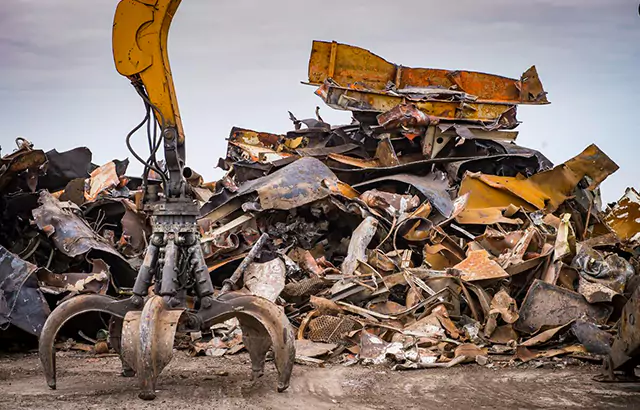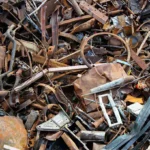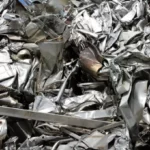Scrap dealing is an incredibly vital industry that plays a crucial role in promoting sustainability and reducing waste. They collect scrap from various sources, including households, commercial establishments, and industries. They then process it to extract valuable materials that can be used in the production of new goods. By collecting, processing, and selling scrap materials, scrap dealers help to conserve natural resources, reduce greenhouse gas emissions, and support the production of new goods.
Recycling scrap materials also creates jobs and economic opportunities, both in the collection and processing of scrap as well as in the production of new products. Additionally, scrap dealing helps to reduce the amount of waste that ends up in landfills, where it can have negative environmental impacts and contribute to greenhouse gas emissions. Hence, scrap dealing is a key aspect of a circular economy that promotes sustainability and reduces waste while creating economic opportunities.
Sorting of Scrap
After collecting scrap, the first step for scrap dealers is to categorize the materials into different categories. The scrap sorting process is a critical step in the recycling process that helps to improve the efficiency and profitability of material recovery. During this process, scrap dealers sort the collected materials into different categories based on their properties and composition. This can include sorting metals, such as steel and aluminum, into separate categories, as well as plastics and paper.
The sorting process helps to streamline the recycling process by ensuring that the right materials are sent to the right processing facilities. It also helps to improve the quality of scrap materials, making them more valuable and increasing their potential for reuse in the production of new goods. The scrap sorting process can be done manually or through the use of specialized machinery, and is an essential aspect of the work carried out by scrap dealers.
Scrap Cleaning
Next, the scrap is processed to remove any impurities. Cleaning scrap is an important step in the recycling process that helps to improve the value of scrap materials. During this process, scrap dealers remove any impurities, such as dirt, paint, or other coatings, that can reduce the value of the material. This helps to ensure that the scrap materials are in the best possible condition for sale to manufacturers or recycling companies.
The cleaning process can be done manually or through the use of specialized machinery and can vary depending on the type of scrap being processed. For example, metals may be cleaned using a degreasing process to remove any oil or grease, while plastics may be washed to remove dirt and contaminants. The scrap cleaning process helps to ensure that scrap materials are of high quality and can be used in the production of new goods. This makes it an essential aspect of the work carried out by scrap dealers.
Selling Scrap
After scrap materials have been sorted and cleaned, they are ready to be sold to manufacturers or recycling companies. This is the final step in the scrap dealing process and is an essential aspect of the work carried out by scrap dealers. By selling processed scrap materials, scrap dealers help to support the production of new goods, conserve natural resources, and reduce waste.
The selling process involves negotiating with manufacturers and recycling companies to secure the best possible price for scrap materials. This is based on factors such as market conditions, supply and demand, and the quality of the materials. Scrap dealers may also have a responsibility to ensure that scrap materials are transported and sold in a manner that is safe, efficient, and environmentally responsible. By selling processed scrap materials, scrap dealers help to create economic opportunities and promote a more sustainable future.
Conclusion
Scrap dealers have a responsibility to ensure that the scrap they handle is properly disposed of. This is especially true of hazardous materials such as batteries and electronics. These materials can contain toxic substances and pose a risk to the environment and human health if not handled and disposed of properly. To meet this responsibility, scrap dealers must identify and isolate these hazardous materials, follow regulations for their proper handling and disposal, label and store them securely, and transport them to approved disposal sites.
Scrap dealers must also follow best practices and use the latest technology to minimize the environmental impact of their operations, such as using energy-efficient equipment, reducing water usage, and implementing waste-reduction strategies. By taking these steps, scrap dealers can contribute to promoting a more sustainable future and protecting the environment. In conclusion, scrap dealers play a critical role in the recycling process by collecting, sorting, and processing scrap materials. Their work helps to reduce waste, conserve resources, and support the production of new goods. By working with scrap dealers, communities can help to promote a more sustainable future for all.



